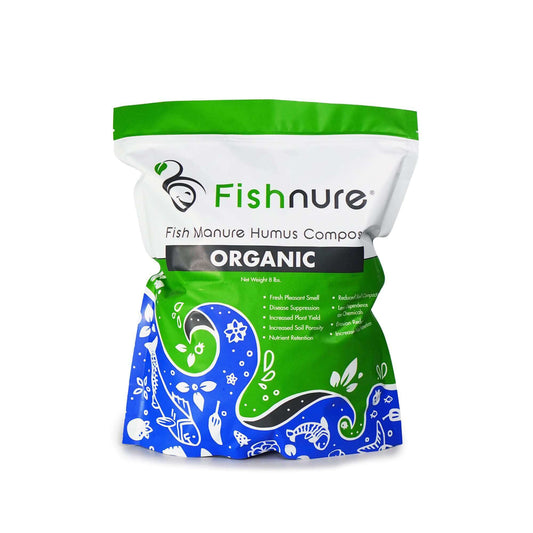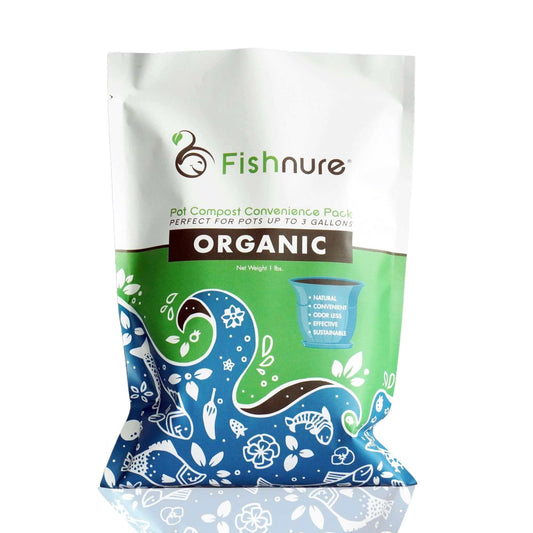
As farmers, we're constantly striving to enhance the health and productivity of our crops while also preserving the environment for future generations. In recent years, organic farming practices have gained considerable traction, with a renewed focus on the use of organic fertilizers to nourish our soils and promote sustainable agriculture. In this article, we'll explore the myriad benefits of organic fertilizer in 2024 and why it continues to be a cornerstone of modern farming practices.
First and foremost, let's delve into what exactly organic fertilizer is and how it differs from conventional fertilizers. Organic fertilizer is derived from natural sources such as compost, fish manure, and other organic materials. Unlike synthetic fertilizers, which are often manufactured from chemical compounds, organic fertilizers are free from harmful additives and chemicals, making them safer for both the environment and our crops.

One of the primary benefits of organic fertilizer is its ability to improve soil health and fertility over time. By enriching the soil with essential nutrients and organic matter, organic fertilizers help to create a balanced and nutrient-rich environment that is conducive to plant growth. This, in turn, leads to healthier and more resilient crops that are better able to withstand environmental stressors such as drought, pests, and disease.
Moreover, organic fertilizer promotes the development of beneficial soil microorganisms, including bacteria, fungi, and earthworms, which play a crucial role in maintaining soil structure and fertility. These microorganisms help to break down organic matter and release nutrients in a form that is readily available to plants, ensuring optimal nutrient uptake and utilization.

Another significant advantage of organic fertilizer is its long-term sustainability and environmental benefits. Unlike synthetic fertilizers, which can leach harmful chemicals into the soil and waterways, organic fertilizers are derived from natural sources and pose minimal risk of environmental contamination. Additionally, the use of organic fertilizers helps to reduce reliance on finite resources such as fossil fuels, which are often used in the production of synthetic fertilizers, further reducing the carbon footprint of agriculture.
Furthermore, organic fertilizer contributes to the overall health and biodiversity of agroecosystems by promoting the use of cover crops, crop rotation, and other sustainable farming practices. By fostering a diverse and resilient ecosystem, organic farming helps to mitigate the negative impacts of monoculture and chemical-intensive agriculture, such as soil erosion, loss of biodiversity, and water pollution.

In addition to its environmental benefits, organic fertilizer also offers tangible economic advantages for farmers. While the initial cost of organic fertilizers may be higher compared to synthetic fertilizers, the long-term benefits far outweigh the investment. Studies have shown that organic farming practices, including the use of organic fertilizers, can lead to higher yields, improved soil health, and reduced input costs over time, resulting in greater profitability and economic resilience for farmers.
It's important to note that the benefits of organic fertilizer extend beyond crop production to encompass broader societal and human health outcomes. By promoting sustainable farming practices and reducing exposure to harmful chemicals, organic agriculture helps to safeguard the health and well-being of farm workers, consumers, and communities alike.

In conclusion, organic fertilizer is a valuable tool for promoting soil health, enhancing crop productivity, and fostering sustainable agriculture in 2024 and beyond. With its myriad environmental, economic, and societal benefits, organic fertilizer continues to play a vital role in shaping the future of farming and ensuring a more sustainable and resilient food system for generations to come. As farmers, it is our responsibility to embrace and champion organic farming practices and work towards a more sustainable and prosperous agricultural future.



